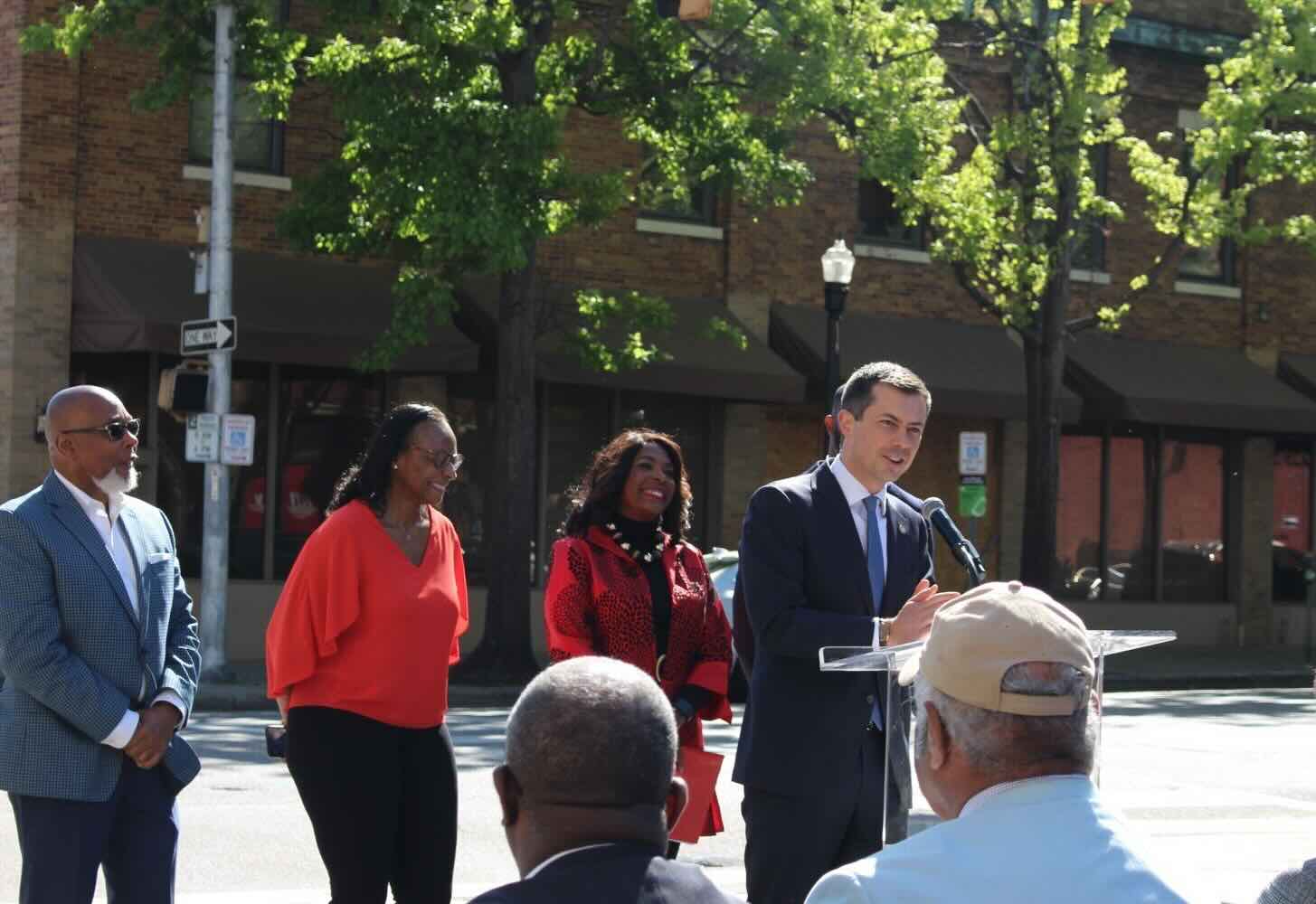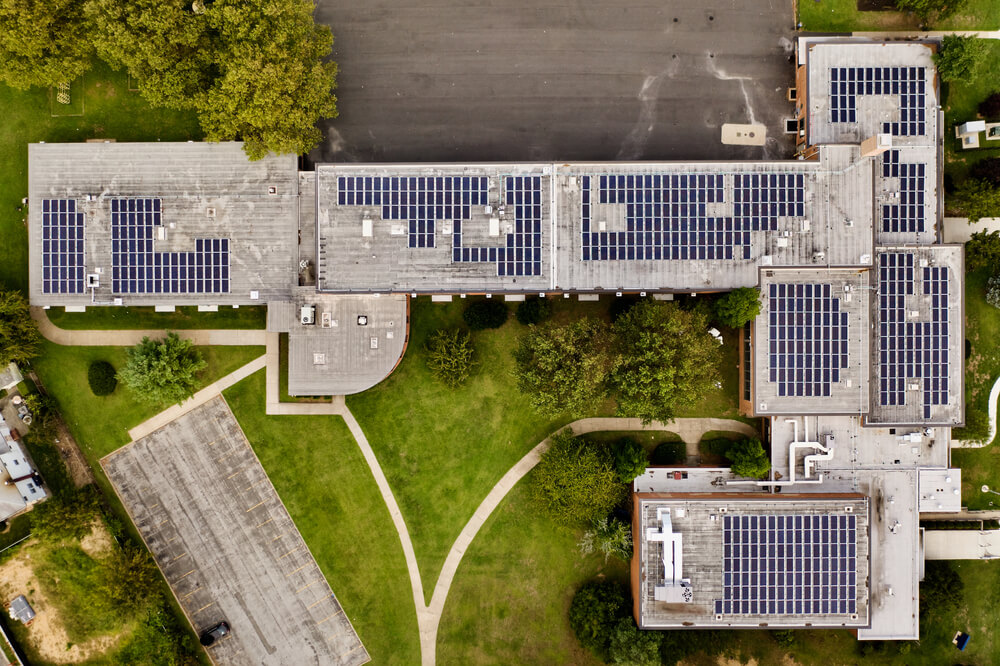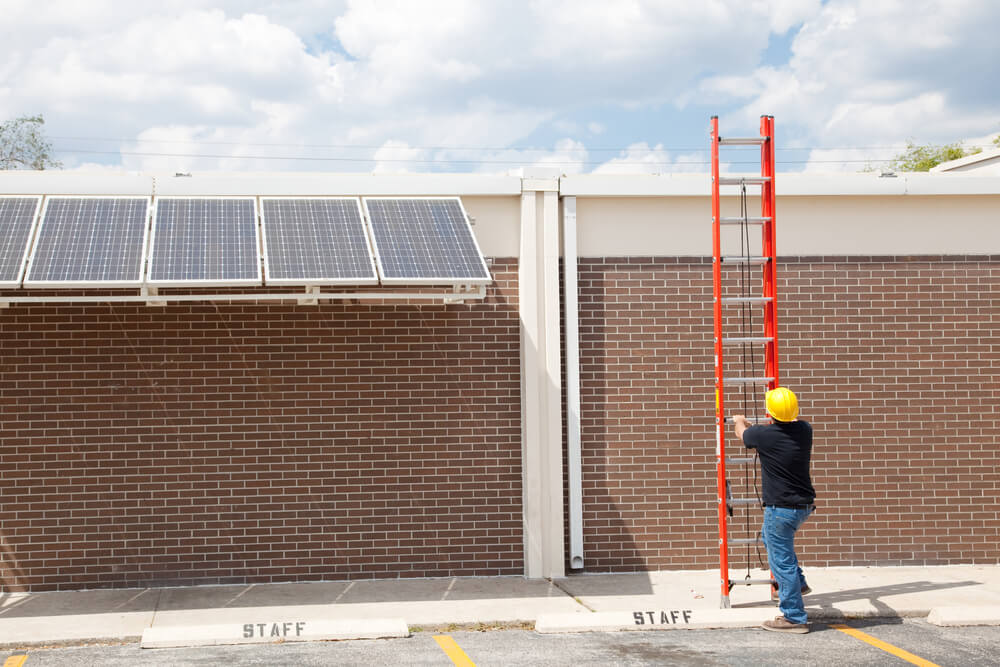ImpactAlpha, July 20 – Historically Black colleges and universities may represent the ultimate social impact investment.
But instead of enjoying a social-benefit premium, many of the educational institutions instead pay what experts call a “Black tax.”
The one hundred or so HBCUs represent just 4% of U.S. four-year colleges and universities, but graduate more than one in five Black college students, and produce approximately 25% of Black graduates in science, technology, engineering and mathematics, far more than the elite universities affected by the recent Supreme Court ruling ending race-based preferences in college admissions. Nearly one-quarter of students at HBCUs identify as other than Black.
“We see HBCU excellence every day, with staff at every level of the White House and the administration,” President Joe Biden said in May at the commencement ceremony for Howard University, alma mater of Vice President Kamala Harris. “But we all know that HBCUs don’t have the same endowments and funding as other major colleges and universities.”
Black tax
While investor demand for municipal bonds labeled as “social” has saved cities like Atlanta, New York and Chicago millions of dollars in interest payments, HBCUs have been found to consistently pay higher interest rates on their bond issuances, a result of what experts say is implicit or explicit racism in the bond markets.
Last year, Atlanta raised $410 million in general obligation bonds this month, including $369 million designated as “social” to fund recreation, transportation, public safety and other capital projects. Social bonds, which raise funds to finance projects with social benefits, have proved popular with environmental, social and governance, or ESG, investors. The strong demand for Atlanta’s social bonds reduced yields by up to five basis points, saving the city millions. Demand for New York City’s first social bond last September, which raised $400 million for affordable housing projects and similarly allowed the city to lower its cost of capital.
Conversely, a 2019 study of more than 4,000 tax-exempt munis issues by nearly 1,000 educational institutions found that HBCUs pay higher underwriting fees compared with similar non-HBCUs, “apparently reflecting higher costs of finding willing buyers.” Controlling for credit quality and other factors, the authors concluded, “The effect is three times larger in the Deep South, where racial animus remains the most severe.”
That means a $30 million bond issuance would cost an HBCU about $290,000 in annual interest versus $242,000 for a non-HBCU, representing a $48,000 “Black tax” that depletes endowments, defers maintenance and starves student programs and services. A report last year found HBCUs have an average of $81 million each in deferred maintenance.
“We’re talking about underfunding across the board,” Carla Whitlock, a trustee of Tuskegee University in Alabama, said on a panel at this spring’s Neighborhood Economics conference in Jackson, Mississippi. “History meets the present. A lot of the a lot of the historical issues that we have when our schools were founded, are the same ones that present themselves today. And the mission remains the same.”
Policy tailwinds
The Biden administration has put $5.8 billion into HBCUs, including through the pandemic-era American Rescue Plan and debt relief. Biden’s 2024 budget would increase funding for HBCUs (as well as tribal colleges or universities and minority-serving institutions) across the U.S. by $429 million over 2023.
The budget also boosts Pell Grant funding, a key source of assistance for college students from lower-income families. A separate 2021 executive order from the administration was intended to hold federal agencies accountable to enforcement of existing laws to support HBCUs and enable better access to federal resources.
A bipartisan group of policymakers last year introduced the IGNITE HBCU Excellence Act, which if passed, would create a grant program at the Department of Education to support tech and infrastructure upgrades at HBCUs and other minority-serving institutions.
Community partners
Traditional underwriting methods may disadvantage HBCUs that lack the balance sheets of their well-endowed peers. One solution recommended by Brookings Metro: combining balance sheets, in effect, by lending to pools of HBCUs with similar goals.
HBCUs and community development financial institutions are “a common-sense match,” the think tank wrote in a recent report calling for more investment in HBCUs. “Both are mission-driven institutions that play critical roles in the overall social and economic development of neighborhoods and cities.”
HBCUs can serve as anchor institutions for broader community development efforts. The National Association for Equal Opportunity in Higher Education is promoting a “campus plus community” initiative to raise impact investments to enhance both HBCU campuses and surrounding neighborhoods. The HBCU CommUniversity Impact Fund would finance nonprofit “pass-through borrowing entities” to develop on and off campus real estate.
“By establishing a fund with a nationwide investor base, racial animus that may otherwise exist among certain investors is sidestepped, allowing HBCUs and the surrounding areas to avoid the costs of racial animus faced in the municipal bond market,” seven business school professors wrote in a letter introducing the fund in March.
Talent pipeline
A strong HBCU network could increase Black worker incomes by around $10 billion, a McKinsey study found.
The undertapped talent pool is attractive to technology, finance and other employers. Black-led venture firm Base10 raised $250 million to invest in late-stage technology companies with a focus on wealth creation in minority communities – and will donate 50% of the fund’s carried interest to HBCUs for their endowments and to create scholarships for 100,000 STEM students. Limited partners in the Advancement Initiative fund include Howard University, Florida A&M, Hampton University, Tuskegee University and other HBCUs.
AltFinance launched in 2021 with a $90 million commitment over 10 years from Apollo, Ares and Oaktree, to help HBCU students enter the alternative investment industry. The Local Initiatives Support Corporation is placing 40 HBCU students in part-time positions that pay $25 an hour at LISC and other community lenders.
Accelerator Nex Cubed secured $5 million for its HBCU Founders Fund to back early-stage startups with at least one founder from an HBCU. Black students are less likely to land paid internships than white students.











